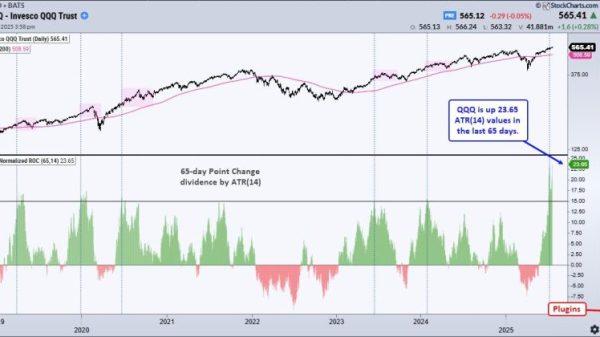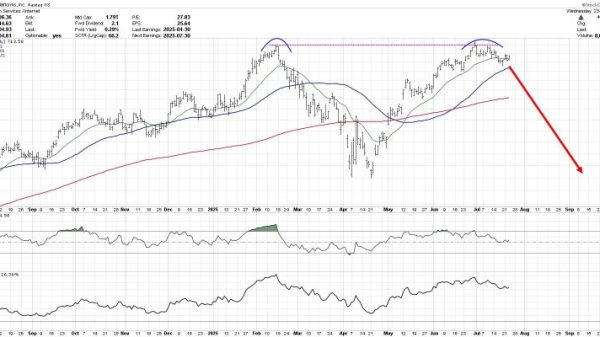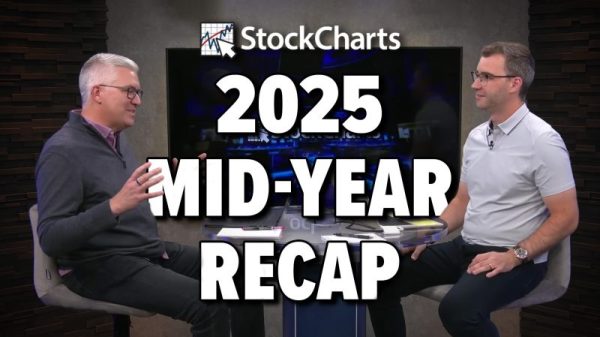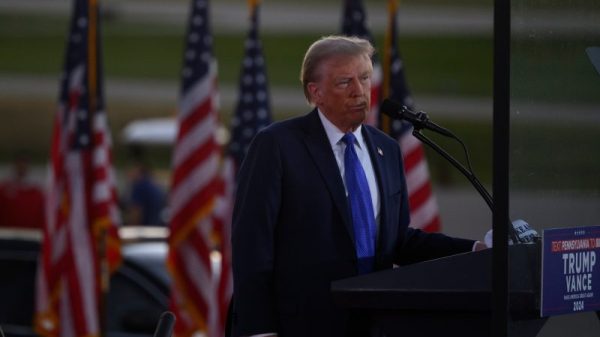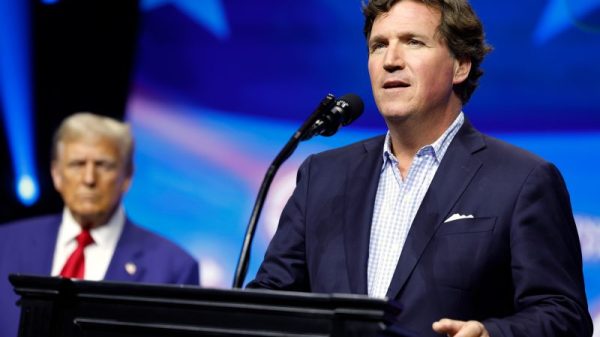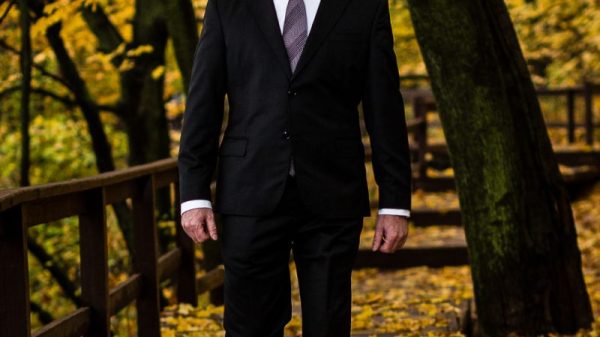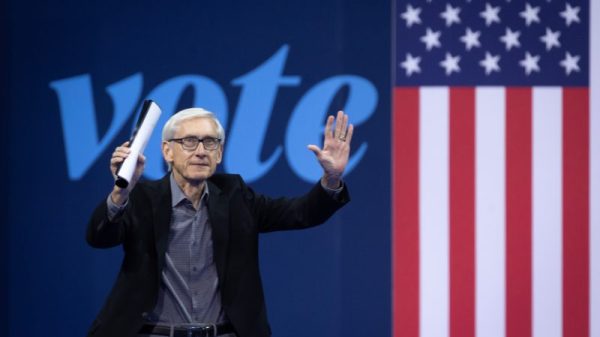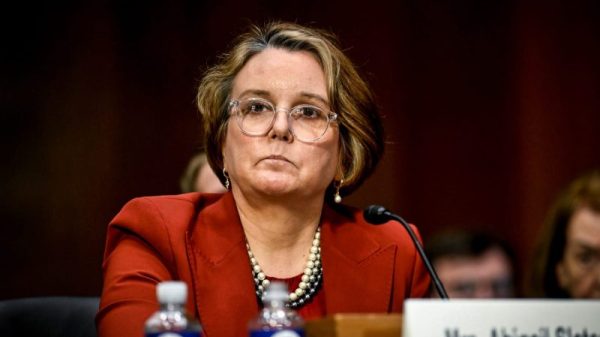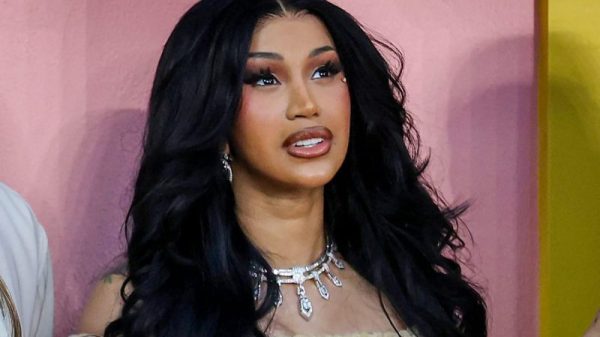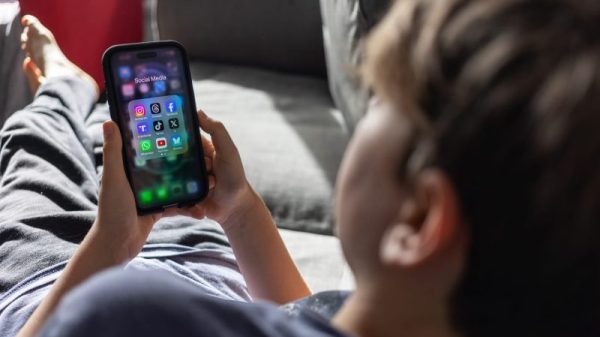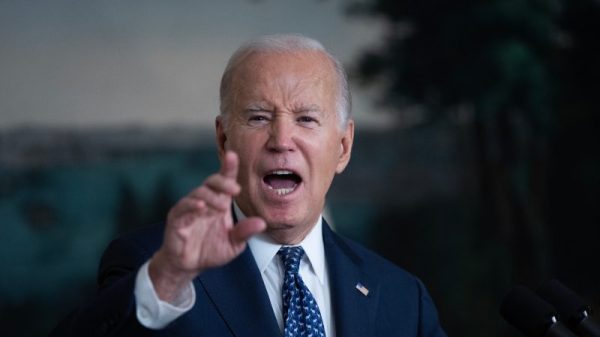Donald Trump has called Vice President Kamala Harris “crazy,” “nasty” and “dumb as a rock.” He’s mocked her name, launched false attacks about her racial identity and said she would be treated like a “play toy” by world leaders if elected.
On Tuesday, Trump will come face-to-face with Harris for their first and perhaps only debate, where political analysts say there are particular risks — heightened by gender — in coming across as a bully.
“It’s one thing for a male candidate to attack a female candidate from a podium when he’s giving a news conference, or in a campaign ad, or at a rally,” said Jennifer Lawless, a University of Virginia professor who has written extensively about gender and politics. “The feeling is a little bit different when he’s standing eight feet away from her.”
“Nobody,” she added, “wants to see a male candidate explicitly … intimidate or bully a woman.”
Gender could influence how both Trump and Harris are perceived at the debate, experts say, as the presidential nominees offer a stark contrast in identity as well as policy. Trump — who has a history of lashing out at female rivals and critics in demeaning ways — could face a penalty for coming across as overly aggressive. And Harris, a Black woman, faces competing pressures to look tough but also project fraught attributes such as “likability.”
Trump has struggled with demeanor before. In 2016, he prowled behind Democratic presidential nominee Hillary Clinton on the debate stage and interrupted to call her a “nasty woman” — two moments that many observers viewed as politically harmful for him, despite his eventual victory over Clinton. Strategists often point to a cautionary tale further back from Clinton’s 2000 Senate debate with Republican Rick Lazio, who memorably interrupted Clinton, walked over to her onstage and brandished a pledge rejecting “soft” unregulated funds supporting a candidate. Lazio unsuccessfully pushed Clinton to sign onstage in a move that some viewed as intimidating.
“On substance, it was right – and on style and perception, it was a mistake, which I regret,” Lazio later told Newsday. Clinton won that race handily.
On a Monday press call with Trump staff and surrogates, a reporter noted that Harris is both a new debate opponent for Trump and a woman and asked whether Trump would take a “different tone” with her than with President Joe Biden. Trump senior adviser Jason Miller said Trump would win by contrasting their policy records and suggested the former president was not trying to recalibrate.
“President Trump is going to be himself,” Miller said.
Trump spokeswoman Karoline Leavitt said in a statement that candidates for president “should be held to the highest possible standards regardless of their gender. President Trump has been a fierce debater against all the opponents he has faced — men and women — since 2016.”
The Harris campaign declined to comment.
How gender might affect voters’ perceptions of Harris is complex, people who have studied the issue say. Women in politics have long expressed concerns that they are held to double standards — deemed unlikable or aggressive for behavior that would draw less scrutiny from a male politician.
But political observers note that some of Harris’s breakout moments as a politician — including her sharp questioning of Supreme Court nominees during her time in the Senate — have showcased aggressiveness she honed as a prosecutor, a key part of her identity. Some scholars have been surprised by their findings about gender and how candidates translate to viewers.
One experiment enlisted actors to re-create a Clinton-Trump debate — repeating lines, gestures and facial expressions but with the genders swapped. Audience members were asked about their views afterward, and researchers discovered that many people who disliked Trump’s performance responded better to a female version of him.
“That project was really shocking for me,” said Joe Salvatore, a New York University professor who co-led the experimental performance. He had thought that viewers would react more negatively to a female Trump and more positively to a male Clinton because of gender bias — for instance, an aversion to a confrontational woman. But plenty liked that the female Trump was “strong” and “concise”— and conversely took issue with how much the male Clinton was smiling.
A single moment also can play very differently for voters with different backgrounds and values.
“Everybody views that debate through their own lens,” said Kathleen Dolan, a professor of political science at the University of Wisconsin at Milwaukee.
Some Republicans are nervous that Trump’s penchant for personal attacks could backfire onstage on Tuesday. Trump has told advisers he will not be as aggressive as he was during a 2020 debate with Biden when his regular interruptions became a turnoff for some viewers, The Washington Post has reported. Tulsi Gabbard, a former Democratic congresswoman now allied with Trump, has helped the former president think through ways that Harris could use gender to her advantage, Trump advisers told The Post.
On Monday’s call with reporters, however, Gabbard suggested Trump did not need to adjust for gender. “I say this from a place of experience,” the former congresswoman said. “President Trump respects women and doesn’t feel the need to be patronizing or to speak to women in any other way than he would speak to a man.”
Some Harris allies, meanwhile, hope that Trump is goaded into unflattering behavior onstage. They note Trump’s angry responses over the years to those who challenge him and particularly to a host of Black women — including, most recently, Black women journalists at a sit-down interview that went off the rails. Trump berated an ABC reporter who asked him about past offensive comments, called her queries “rude” and “nasty” and pivoted to falsely accuse Harris of identifying as Black only later in life.
Harris has talked about her gender less than Clinton did in 2016, largely declining to explicitly rally voters behind the idea of a first woman president. But her identity has still factored into the race.
Sophia Nelson — a former Republican congressional committee investigative counsel who left the party under Trump and now supports Harris — said the debate will give Harris a high-stakes platform to buck gender stereotypes.
Harris “has a chance here to rewrite the rules,” Nelson said. “Rewrite the standards, rewrite the definitions of what women can and can’t do.”

